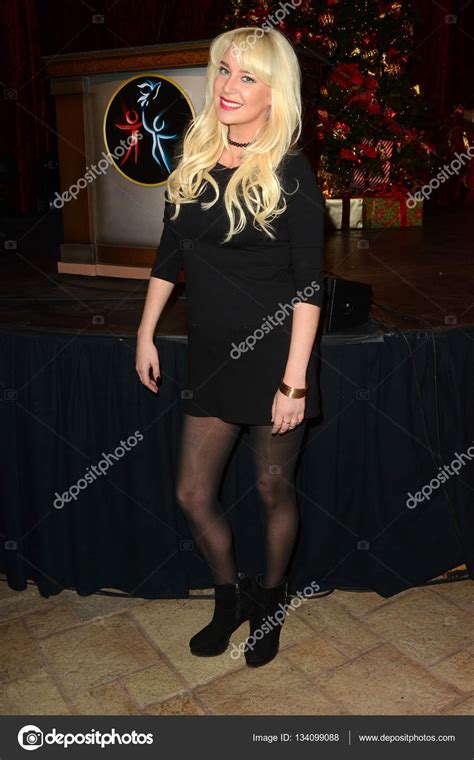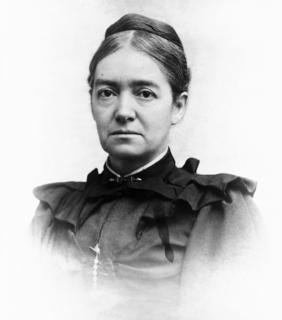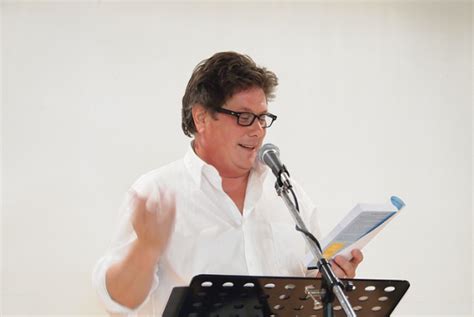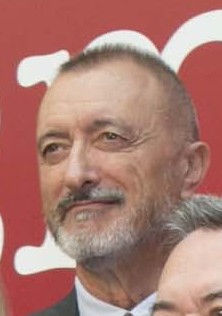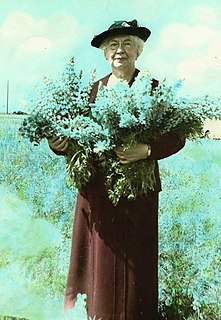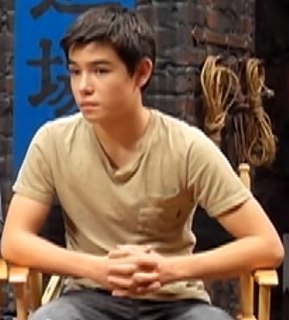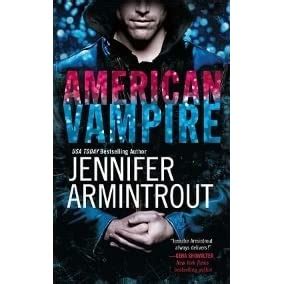A Quote by Elizabeth Wurtzel
It didn’t and doesn’t turn out well. There is no happy ending to the story of sorrow if you are born with a predilection for despair. The world is, after all, a coarse and brutal and cruel place. It’s only a matter of how long you can live with it.
Related Quotes
No matter how well-born, how intelligent, how highly educated, how virtuous, how rich, how refined, the women of to-day constitutea political class below that of every man, no matter how base-born, how stupid, how ignorant, how vicious, how poverty-stricken, how brutal. The pauper in the almshouse may vote; the lady who devotes her philanthropic thought to making that almshouse habitable, may not. The tramp who begs cold victuals in the kitchen may vote; the heiress who feeds him and endows universities may not.
I would say to my soul, O my soul, this is not the place of despair; this is not the time to despair in. As long as mine eyes can find a promise in the Bible, as long as there is a moment left me of breath or life in this world, so long will I wait or look for mercy, so long will I fight against unbelief and despair.
Behind joy and laughter there may be a temperament, coarse, hard and callous. But behind sorrow there is always sorrow. Pain, unlike pleasure, wears no mask. ... For this reason there is no truth comparable to sorrow. There are times when sorrow seems to me to be the only truth. Other things may be illusions of the eye or the appetite, made to blind the one and cloy the other, but out of sorrow have the worlds been built, and at the birth of a child or a star there is pain.
Whatever way you put it, I am here only because my world is here. When I took my first breath, my world was born with me. When I die, my world dies with me. In other words, I wasn't born into a world that was already here before me, nor do I live simply as one individual among millions of other individuals, nor do I leave everything behind to live on after me. People live thinking of themselves as members of a group or society. However, this isn't really true. Actually, I bring my own world into existence, live it out, and take it with me when I die.
Of all the universal lies she accepted unquestioningly, the happy ending was the most absurd. The hero and heroine lived happily ever after, and the ending seemed indisputable, definitive. No questions asked about how long love or happiness lasts in that 'forever' that can be divided into lifetimes, years, months. Even days
Sorrow is God's plowshare that turns up and subsoils the depths of the soul, that it may yield richer harvests. If we had never fallen, or were in a glorified state, then the strong torrents of Divine joy would be the normal force to open up all our souls' capacities; but in a fallen world, sorrow, with despair taken out of it, is the chosen power to reveal ourselves to ourselves. Hence it is sorrow that makes us think deeply, long, and soberly.
I haven't been in the film world long enough to really understand the gravity of 'Big Hero's' success. I'm just happy that it is translating well internationally and that the story and the characters are loved by audiences around the world, and everything that's come after that has been secondary to the initial response.
No one's place in this world is guaranteed. Not everyone is going to get a happy ending. But life isn't about how it ends. It's about the moments between. It's about the small things. The way our loved ones laugh. The sight of a butterfly in the sunlight after a year or two in the darkness. The love and support of an old friend. They might not be with us in body, but they are with us in spirit. ... Because every day, on this planet, people are born and people die and stranger things happen.(Armintrout, All Souls' Night, 367)



